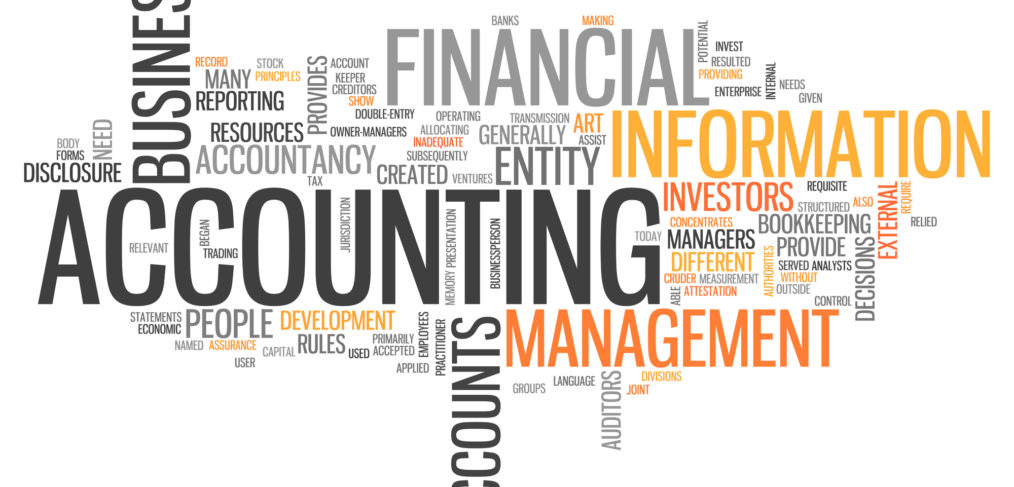
The Accountants Plus ‘Next-Year-End’ Prep Kit
Accountants Plus. As the name suggests, we offer more than your average accountancy firm. Saving our clients time, stress, and money is high on the priority list so we go out of our way to help people get their heads around what can sometimes be a complex, confusing part of business ownership. In this particular instance, our ‘plus’ is delivered to you in the form of some VERY handy tips. (We mean print-me-off-and-keep-me-on-your-office-wall type handy!) We have been busy with end of year accounts processing, so we thought it would be the perfect time to share some advice on the subject to help get you feeling organised and confident for the next financial year-end.
Rather than all the last-minute scrambling around like a cat in the bath for all the documentation we require to process your accounts, we have put this doc together so you have the option of gently gathering it over the year so the majority of the hard work is done by the time we send out our ‘accounts due’ email. FYI – We have already sent out that exact email for the 2017 end of financial year, which included a handy checklist (Click here if you missed it!), but if you are looking to be a step ahead of the game for the 2018 financial year, then this will be especially useful for you!
So here goes – The list of thinga-me-bobs and whats-its for you to keep track of throughout the year. When year-end finally rocks around, you can totally wow us with your file that is titled: ‘Here’s a little something I prepared earlier’.
FINANCIAL RECORDS
- If you use Xero or another accounting package, your debtor and creditor information should be accurately captured (just make sure your software balances with your bank at year-end). If not, ensure to keep a comprehensive spreadsheet of all your incoming, outgoing and pending transactions, including dates, accurate descriptions, and amounts
- At year-end, we will need your last bank statement for each business bank account (or bank statements for the entire year if you don’t use accounting software)
- Your business credit card statements (including GEM VISA, Q-Card, Bartercard etc…)
- Resident Withholding Tax Deduction certificates (sent out by your bank)
- Documents showing any hire purchase, mortgage and loan agreements you have entered into in this financial year (including statements and loan summaries)
- GST Returns/ FBT Returns for the year
- Company dividends, interest received (in the form of letters, receipts, or certificates)
- ACC invoice copies
CASH
- When it comes time to submit your financial documentation, we will ask you for your ‘cash on hand’ amount. This is where you let us know the amount of takings you have not yet banked by the balance date, as well as the date you did bank them and the amount you hold in tills and cash floats.
INVENTORY
- Keep track of your inventory via stock takes because we will need an ‘as at year-end’ dollar amount at the end of the financial year (which is calculated at the lower of cost or net market value and minus GST).
BAD DEBTS
- Someone hasn’t paid you and you’ve written it off? Make sure to keep a record of any bad debts during the financial year and let us know the total amount at year-end.
ASSETS
- Have an asset register to record your assets bought and sold and be sure to record information such as: dates, whether the item was bought new or second-hand, how much it cost/was sold for, and whether you paid GST on the item).
PRIVATE USE
- Make sure to record any goods you take from the business for personal use.
HOME OFFICE
- If you use your home for business purposes, record information such as: the square meters of your home used for business purposes (out of the total area of your house – i.e. 45sqm out of 210sqm), your mortgage interest, rates, power bill, and any repair bills.
VEHICLE
- Record your business mileage percentage (by recording km’s travelled in your vehicle for work, vs. personal use) – If you have paid FBT, this will not be applicable to you. Please check in with one of the team if you are unsure about mileage and vehicle use.
We have reached the end of our handy tips for today. If this was a face-to-face seminar, now is the time we would ask: “Does anyone have any questions?” so please feel free to get in touch to find out more about a specific area of your business that may not be covered here (maybe you have questions about staff payments, KiwiSaver, rental properties, boarder payments, trusts, or donations – to name just a few). We haven’t been faced with a question we didn’t know the answer to yet, but you might just be the first one to stump us!



